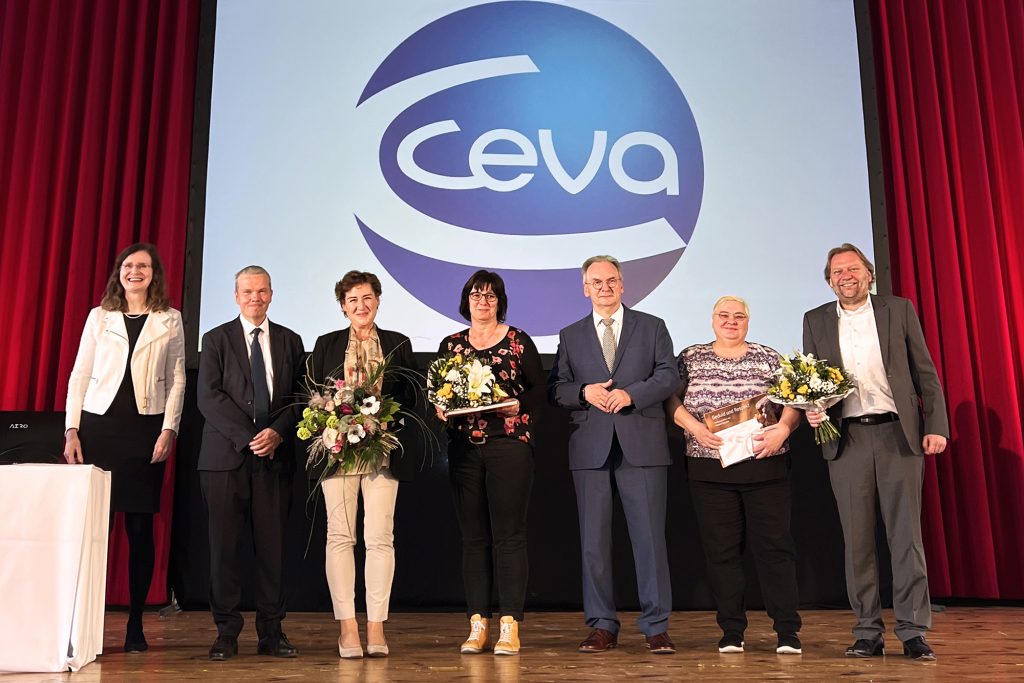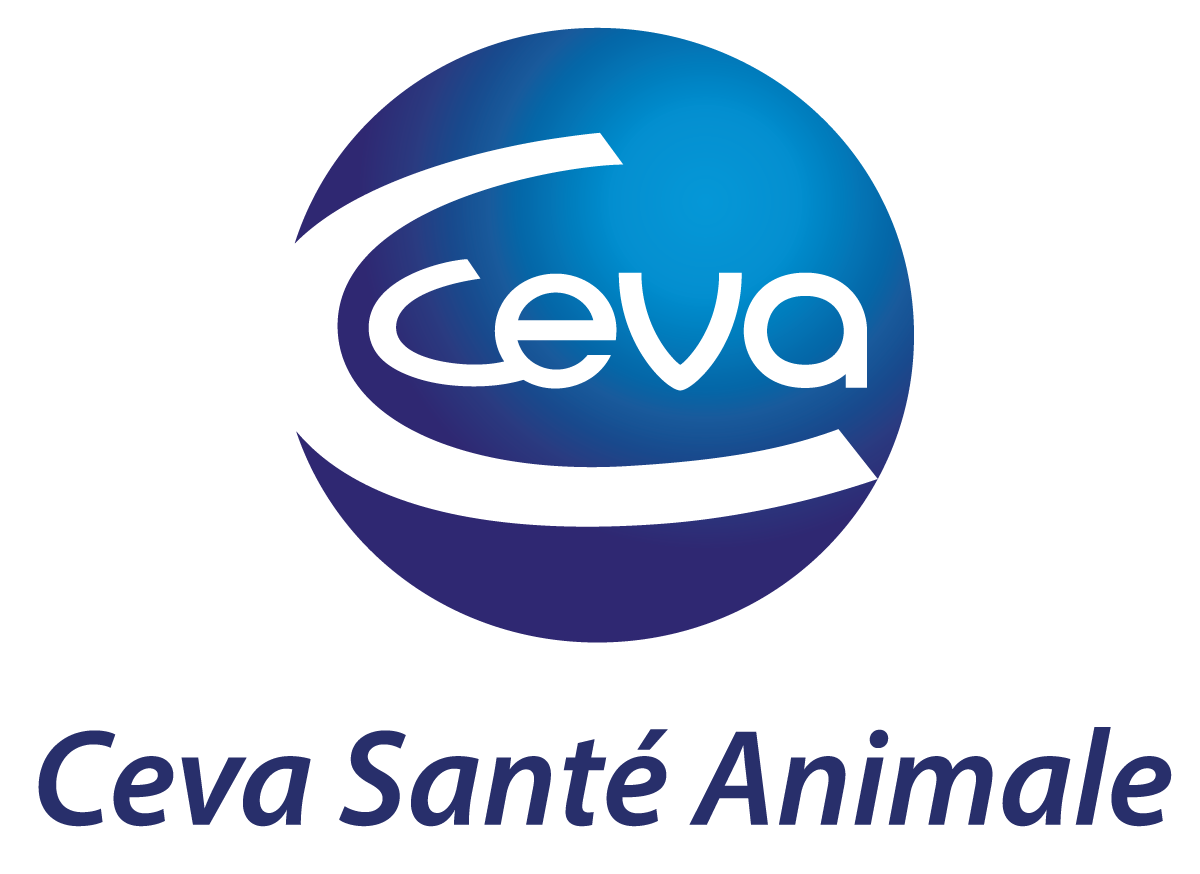Ceva celebrates 100 years of developing animal vaccines at its Dessau site in Germany

April 13th, Dessau – Today Ceva celebrates 100 years of developing animal vaccines at its Dessau site in Germany in presence of Reiner Haseloff, Prime minister of Saxony-Anhalt and Marc Prikazsky, CEO Ceva Santé Animale. Over the last 100 years this site has greatly contributed to the discovery of effective vaccines and serums to improve animal health.
Robert Reck, Maire of Dessau Rosslau, Carsten Klocke, Shareholder of Ceva, Thekla Kurz, CEO Ceva Innovation Center, Professor Hans-Joachim Selbitz, Former CSO also joins in the celebration.
Ceva Santé Animale, who acquired the veterinary biopharmaceutical and R&D activities of IDT Biologika based at the Dessau site in 2019, is proud of the key achievements in global vaccine development produced at Dessau. At its creation in 1921, producing animal vaccines and serums was spotted as a way to fund part of the Anhalt districts’ bacteriological institute’s budget. It all started with the production of vaccines for white scour, brucellosis, and Salmonella cultures for pest control. That is how the story begins, and the Dessau site has since contributed to major developments.
Vaccination strategies against swine erysipelas were among the first to be developed on the facility, followed in the sixties by its live erysipelas vaccine. Then, in the eighties, R&D focus on E.coli infections in calves permitted to develop various vaccines leading to the enteric colibacillosis mortality rate being reduced by 57.5 % in just six years.
The Dessau site also considerably contributed to the total disappearance of rabies in Germany (effective since 2008) and reached a new milestone with the approval at the EU level of Rabitec in 2017. Finally, Ecoporc, a vaccine providing protection for piglets after the administration of a single dose, represented a real turning point in prophylaxis against edema disease and permitted to reduce significantly antibiotics use. It was approved in the EU in 2013.
The Dessau site still has a long way to go, as concluded Dr Marc Prikazsky, Chairman & CEO of Ceva Santé Animale:
“Since the acquisition in 2019, we work daily to uphold this important historical legacy and to continue its critical work. We truly believe at Ceva that preventative medicine is the key to future health,and we are always striving to find better remedies for existing and new diseases. The work we do in this facility is essential, and animal health is not our only concern because no less than 75% of all new diseases affecting humans are of animal origin. That is why new research findings in bacteriology, virology and immunology putted into practice to develop safe, effective animal vaccines is always more and more important”.
Dr. Marc Prikazsky, Ceva Santé Animale CEO
From left to right: Thekla Kurz, CEO of Ceva Innovation Center; Marc Prikazsky, Chairman & CEO of Ceva Santé Animale; Ute Krueger, Ceva organizer of the event; Christina Meissner, Technician on the Dessau site since 1984; Reiner Haseloff, Prime minister of Saxony-Anhalt; Sonja Schuckert, Animal Care taker on the Dessau site since 1992; Carsten Klocke, Shareholder of Ceva
